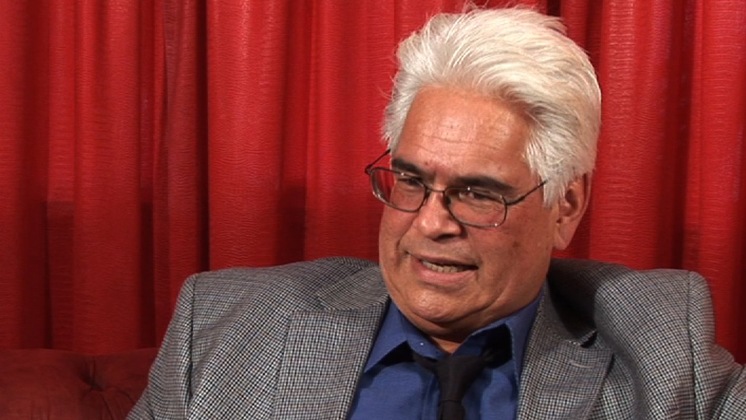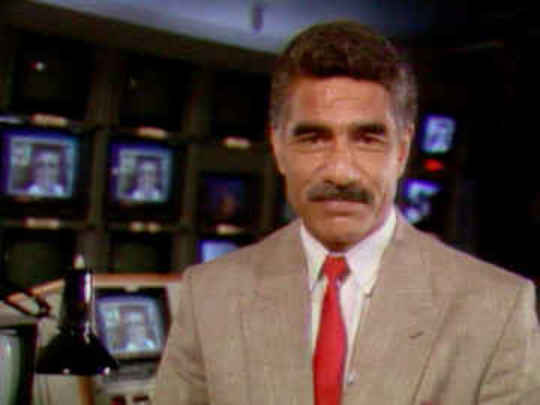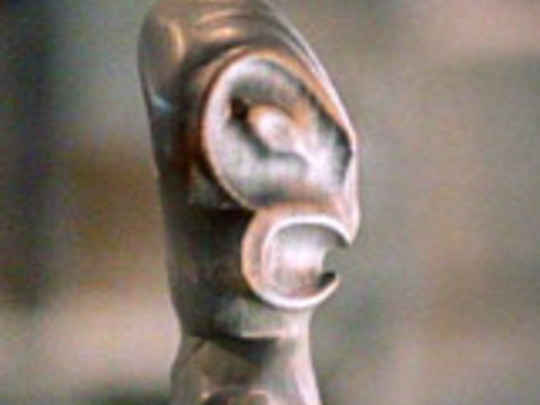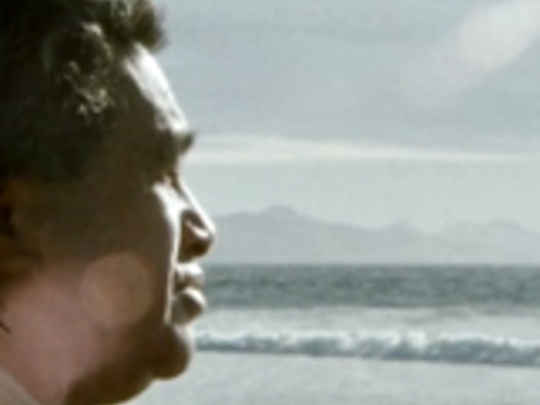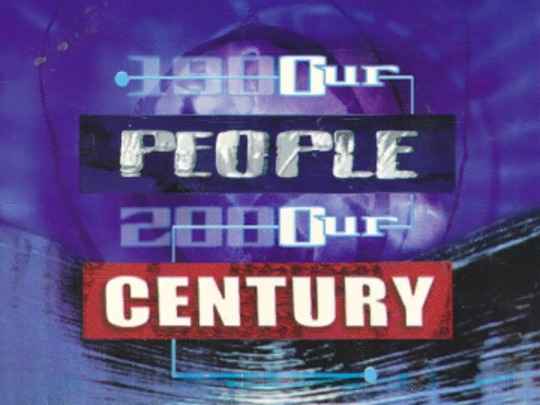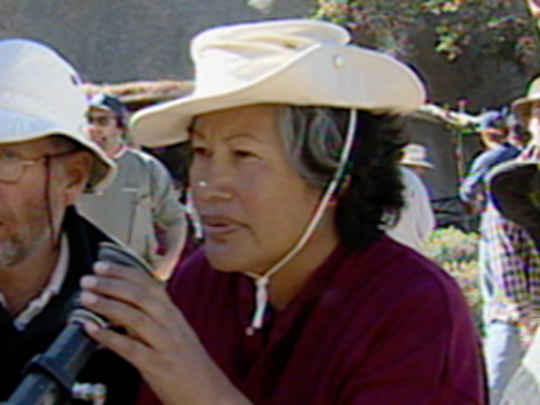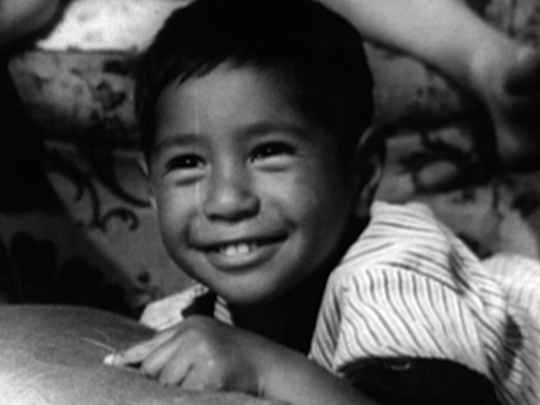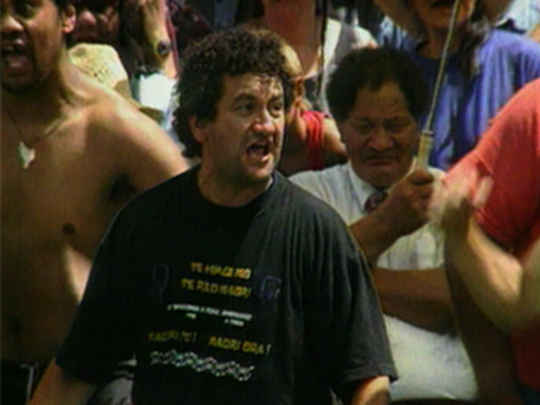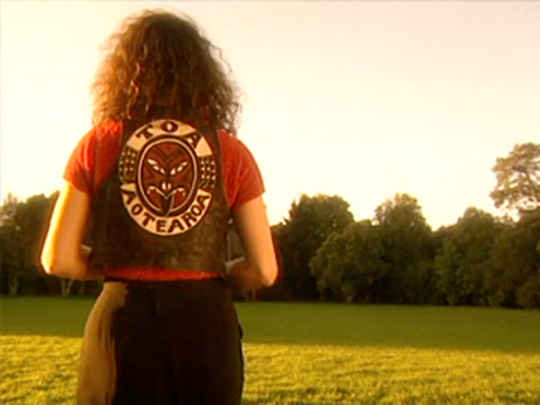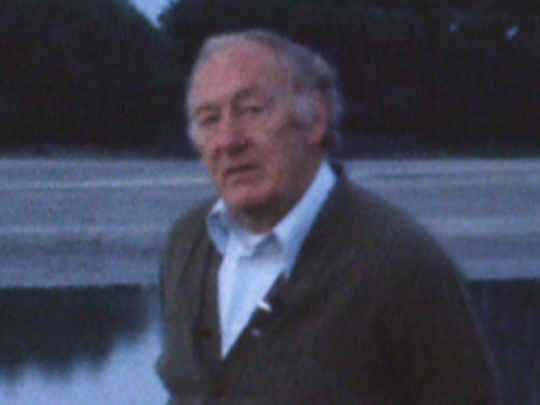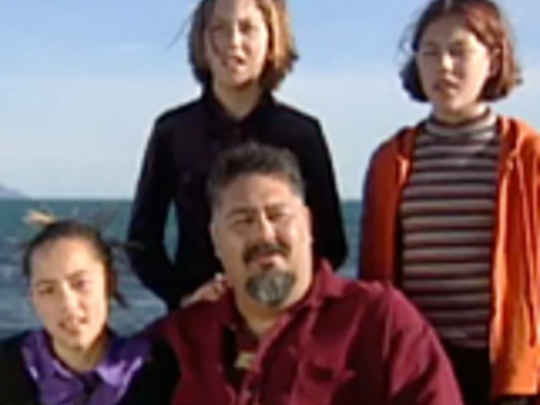Ray Waru: Māori broadcasting pioneer...
Interview – 2013
Producer/director Ray Waru has had a long and distinguished career in both television and radio. He began in television by directing factual shows such as Country Calendar, Fair Go and People Like Us. In 1980 he established the Māori television production unit at TVNZ, and launched Koha, the first regular Māori prime time show. Waru went on to work on two ambitious documentary shows, Our People Our Century and Frontier of Dreams.
In this ScreenTalk interview, Waru talks about:
- Discovering an infamous wine while directing Country Calendar
- Having the freedom to be creative on People Like Us
- Introducing Sharon Crosbie to England on BBC show Tomorrow’s World
- The ideological problems behind Koha, the first regular Māori prime time TV programme
- Making New Zealand history popular on Our People Our Century
- How Frontier of Dreams tried to make history fun and exciting
- Making deals to get the international footage for the series
This video
was first uploaded on 29 April 2013, and
is available under
this Creative Commons licence.
This licence is limited to use of ScreenTalk interview footage only and does not apply to any video content and
photographs from films, television, music videos, web series and commercials used in the interview.
Interview, Camera and Editing – Andrew Whiteside
The problems were, should it be in Māori or should it be in English? Was it a programme for Māori people or was it a programme for non-Māori people? There was a huge differential between native speakers and experienced broadcasters like Selwyn Muru, and newbies like me and a lot of other people . . .t here was this internecine kind of tension there all the time.– Ray Waru on determining what the first ongoing Māori programme should look like
